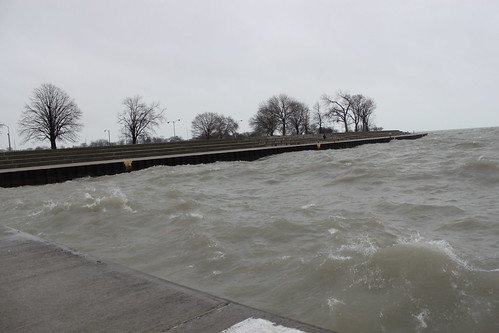






Even though I really can't find that much particularly difficult about japanese, one way or another it tends to suck a lot of my day away from me. Especially the kanji. It's like a bittersweet learning process, being a westerner and all. one alphabet, no cool characters that people laugh at if you can actually read it. I have seen quite a few people with mis-written kanji on their bodies forever, but can never have the heart to tell them "i actually know japanese, you got that completely wrong". Even if you do read some things with out a japanese native there to verify, most people will say you make it all up anyways, but honestly, who really cares... But of course, nobody wants to hear about school while clearly slacking off on blogger, but I'm certified addicted to this blogging nonsense and I need to give you guys something to comment on everyday so hopefully you will come back everyday and click all of my posts and things I have to offer (if any) on my blog to keep our well oiled blogosphere economy running! so if you got this far into reading this, I applaud you.
***************If TL;DR -
Japanese is hard, so is kanji, I laugh at people with wrong japanese tattoos, stickers, etc., my blog is boring, comment NAO.
Peace, till next time. Most likely tomorrow. I'll get some cool stuff up soon I promise. Any requests? I can do pretty much anything.


The fact that pennies even exist has been proven impractical, in multiple studies, and even in law. In 2007, a New York City man persuaded a state senator to draft a bill requiring pennies to be accepted everywhere and at all times, the bill was not passed. While federal law states that coins are legal tender, it does not compel anyone to accept them. If a business doesn't want to take pennies it has a legal right to refuse them, which is only more of a reason that they can be referred to as “useless”. In 2008, 5.4 billion pennies were produced. That's more than twice the number of quarters minted and five times as many dimes. The penny accounts for roughly half of all coins minted within a year. About 1,000 pennies are made per second. The average price for zinc has shot up from 35 cents a pound in 2002 to 63 cents a pound in 2005, and still rising. According to http://www.metalprices.com, the November 16, 2010 London Metal Exchange, which is the world's largest market in contracts on base and other metals, price for zinc per pound is $1.0251. February 28, 2008, Rep. Zack Space stated that, "Given the current cost to make a penny and volume of pennies minted, simply reducing penny production costs to face value, the United States will save more than $500,000,000 in the next ten years alone". Approximately 10 million shiny new pennies are punched out every day by government workers, who could be more useful doing anything else. They cost more in employee hours than it would cost to toss them out. There were 2,354,000,000 pennies minted in 2009, and going by this number, $1,577,180,000 were wasted last year alone, calculated by the excess cost of a penny, 0.67¢ multiplied by how many pennies were minted in 2009.
If pennies were eliminated, stores would have to round prices to the nearest nickel. A study conducted by Robert M. Whaples, an economics professor of Wake Forest University has analyzed 200,000 transactions from 20 locations of a gas station and convenience store chain across seven states (Alabama, Georgia, North Carolina, Pennsylvania, South Carolina, Tennessee and Virginia), and he concluded that consumers would not actually suffer. Purchases at gas stations and convenience stores are just as likely to come to $7.02 as $6.98, so the rounding up and rounding down would cancel themselves out. On average, shoppers would lose nothing, averaging about 1/40th of a cent per transaction. "It's time to eliminate the penny," said Whaples, who estimates that the United States loses roughly $900 million a year on penny production and handling.
Money was created to have a common medium to facilitate the exchange of goods and services, and as shown, pennies do not serve that function. The obvious solution to make a penny less expensive is to change the composition of the coin, integrating cheaper metals or perhaps even plastics, which some European countries have done with their currency. In 1943, at the peak of World War II, the US Mint coined pennies in steel, in response to wartime demand for copper for ammunition, so as proven in history, pennies can be made with cheaper materials but for an unknown reason the government will not change the metal composition. I propose that a cease production of all United States pennies begins immediately, and for all current public circulating pennies to be returned to a United States mint or other refinery and refunded for its metal content value as oppose to its face value until our government can find either a cheaper metal to make pennies with, or to cease production permanently of the clearly useless coin.





